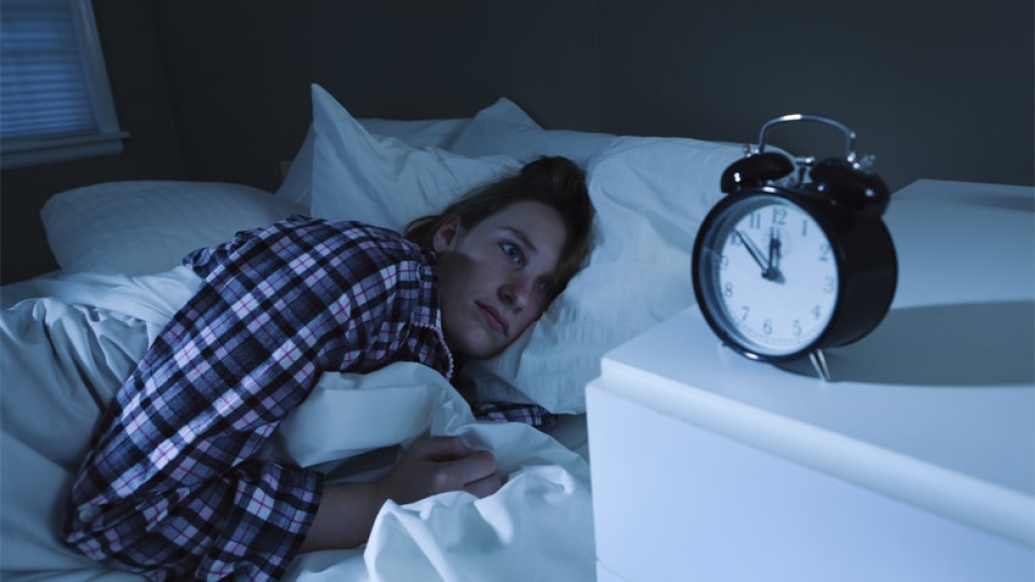Can’t sleep? Try these tips to fit in your forty winks.
2:00 PM
Author |

Women are twice as likely to report insomnia as men. Their propensity for this sleep condition may be related to a number of factors, but hormones may be one cause. Sleep issues become more common in girls at puberty, when hormones kick in, and can continue throughout their lifetimes.
But there are things women — or anyone — can do to combat insomnia.
-
Create boundaries. Work on separating the day from the night. Create a "buffer" between daytime activities (e.g., work, childcare, etc.) and sleep. This means creating a wind-down period, or a time in the evening, about an hour before bed, when you disengage from the day and don't work on any projects. Don't finish up the load of laundry or pack lunches during this time. Think of it as your time to get ready for sleep.
-
Calm down in dimly lit conditions. Relaxing for the night should be done in dimly lit conditions, preferably without light from a television or electronics. Try not to engage in anything too stimulating (e.g., don't exercise). Read a book or listen to calming music.
-
Don't use substances like caffeine, alcohol or tobacco before bed. Instead of relaxing you, these will actually stimulate you, making it more difficult for you to sleep.
-
Don't ruminate. If you go through your day always being attentive to everything and everybody, take a designated period each day or early evening to write down your concerns or worries, and come up with the next steps or solutions. That way, you're not saving all your thinking — and worrying — for the nighttime.
-
Check for mood disorders. Sometimes sleep can be the first symptom of a mood problem. You may have trouble falling asleep because of anxiety, or have trouble staying asleep or waking up too early because of depression.
-
Consult an expert. If your insomnia persists, talk with your physician or obtain a referral to a sleep specialist.
When to seek help
Insomnia is very common. It's typical to have a few bad nights of sleep here or there; this type of insomnia usually goes away when the stressor goes away, or when you get used to a new environment.
But if you've had difficulty sleeping or staying asleep at least three nights a week for three months or more, you should consult a physician or sleep specialist. If insomnia is interfering with your daytime functioning, you need expert help.

Explore a variety of health care news & stories by visiting the Health Lab home page for more articles.

Department of Communication at Michigan Medicine
Want top health & research news weekly? Sign up for Health Lab’s newsletters today!





